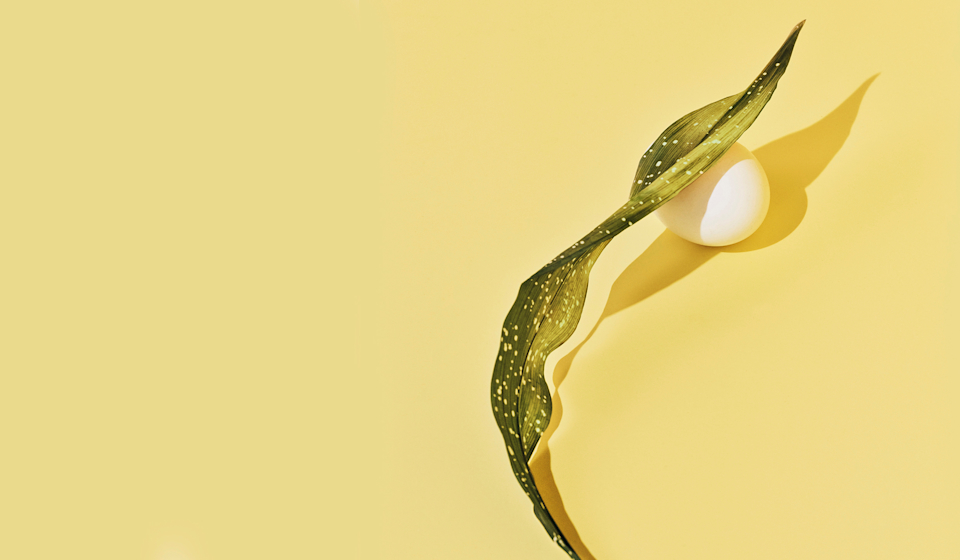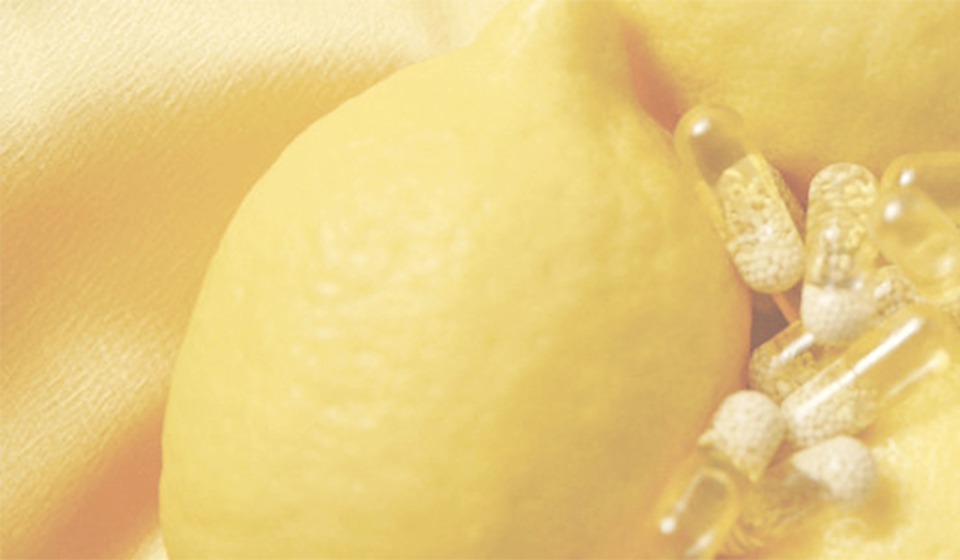Fun fact: Iodine supports normal energy-yielding metabolism, which is kind of an important job when it comes to our daily wellbeing. Another fun fact? This mineral is found in a lot of foods (and even table salt!), which means that many of us are consuming enough to meet our daily needs. In fact, iodine shortfalls in the US are pretty uncommon.* (1)
But let’s take a closer look, shall we?
Most adults are able to meet their iodine needs through diet alone.
For teens ages 14-17 and adults 18+, the daily recommended amount of iodine is just 150 micrograms. And since iodine can be found in a wide variety of foods—fish, seaweed, dairy products, grains, and some fruits and vegetables are all sources—chances are many of us are meeting that daily iodine requirement just through what we’re eating every day. Iodized salt (aka table salt) is also a good source of iodine.* (1)
But there’s one important exception.







